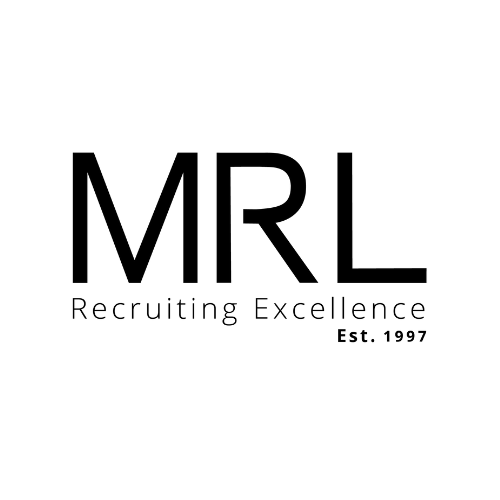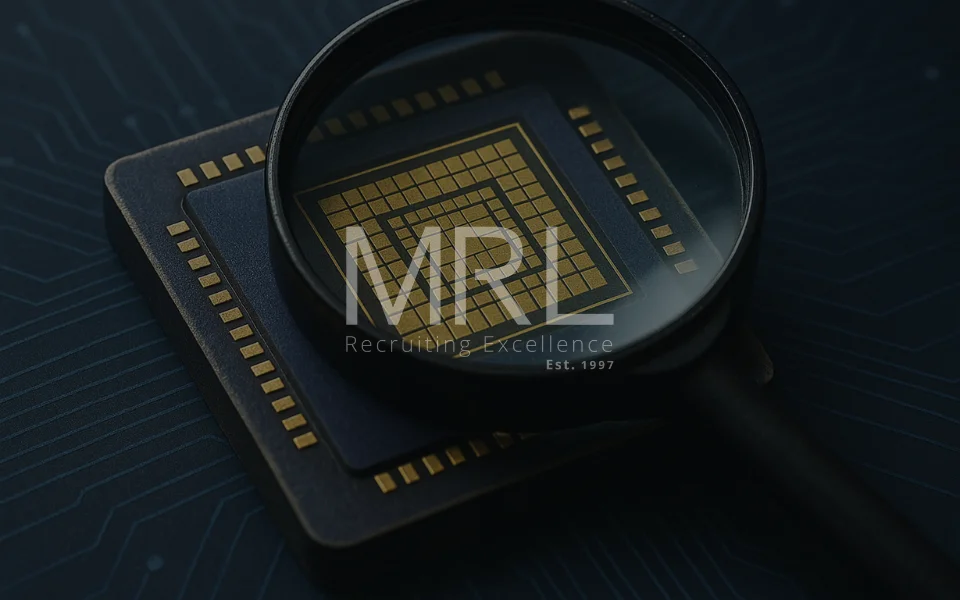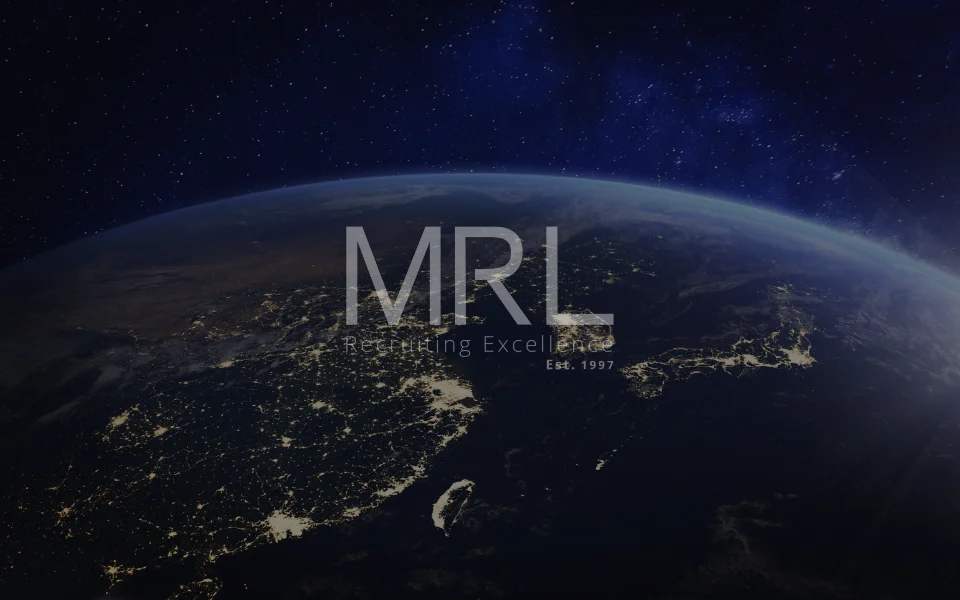Sustainability in the Semiconductor Industry: Initiatives by Top Companies
31 Jul, 20245 minsSustainability is a pressing concern for the semiconductor industry. Semiconductors have bec...

Sustainability is a pressing concern for the semiconductor industry. Semiconductors have become an integral component of so much of the technology we rely on that the industry has grown beyond recognition throughout the last 20 years. But the production process is resource-heavy. The energy consumption alone carries significant environmental impact. When you add in materials sourcing, extraction, and purification, as well as supply chain emissions, the industry can lay claim to a very large footprint. So, what are businesses doing to redress the balance?
Sustainability Initiatives by Semiconductor Companies
Samsung
As one of the best-known semiconductor manufacturers, Samsung faces a lot of pressure to stay on top of sustainability. And the companies policies to minimise environmental impact at every stage of production has been far-reaching. Seeking to reduce carbon emissions throughout the product life cycle, Samsung’s Carbon Footprint-certified products reduce carbon emission by approximately 680,000 tonnes. Samsung has also produced low-power chips. And is working to increase the performance and productivity of semiconductors, while reducing the power consumption of customers’ products.
NVIDIA
Another well-recognised brand in the semiconductor industry is NVIDIA. Their approach to sustainability has been a focus on the adoption of renewable energy. In 2023-2024, NVIDIA announced that it had been able to use renewable energy for 76% of its global production.
Intel
Intel has taken an impressively holistic approach to sustainability. And is currently on track to achieve its goals, which include:
· Aspiring to attain zero waste to landfill by 2030. By 2023, the company had reached an notable 6% of waste to landfill through the onboarding of circular strategies.
· In addition to that, Intel is working to achieve a continuous net positive on water consumption.
· The company is also aiming to achieve net-zero greenhouse gas emissions. Scope 1 and 2 by 2040. Upstream Scope 3 by 2050.
· And currently uses 99% renewable energy.
Throughout the semiconductor industry, increasing investment is being made into enhancing sustainability practices. This means investing in people as well as processes. Finding the right team members to innovate and lead change is key to securing a greener, more sustainable future for one of the world’s most vital industries.
Are you looking for support recruitment in the semiconductor industry? Get in touch with MRL.





